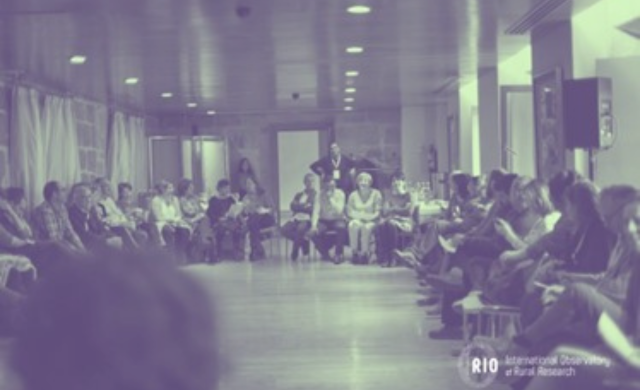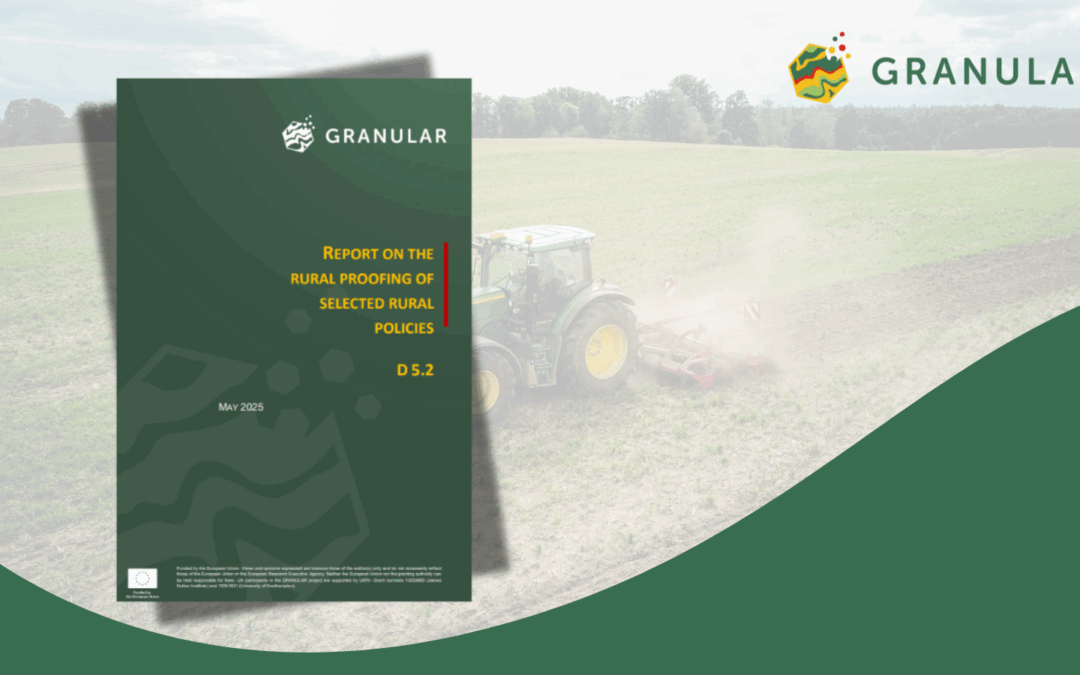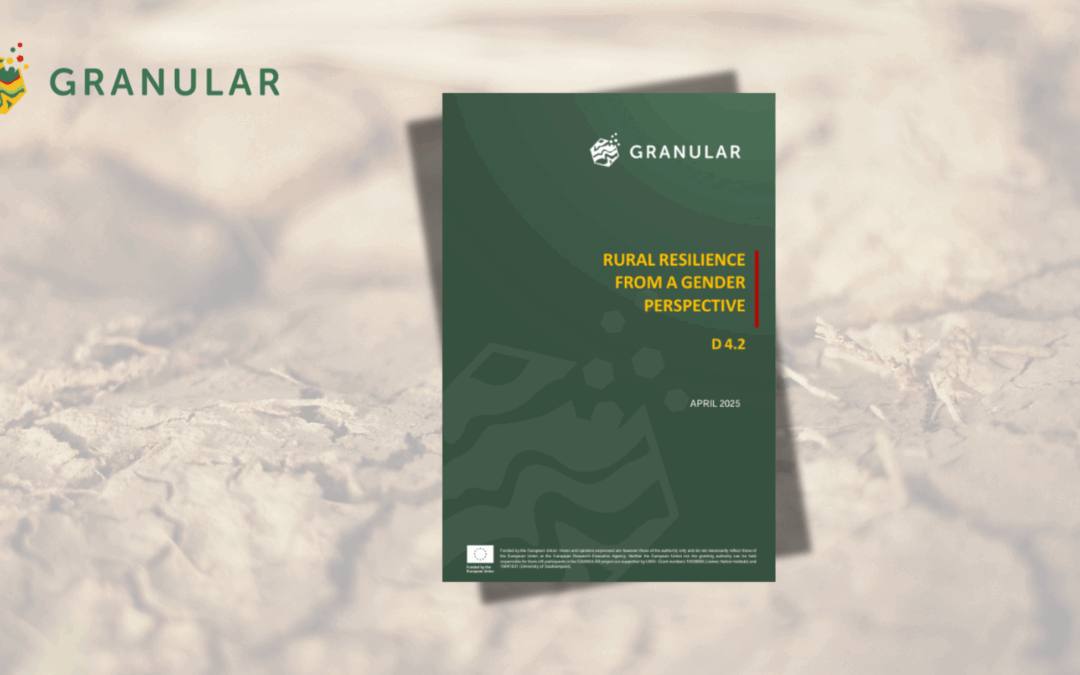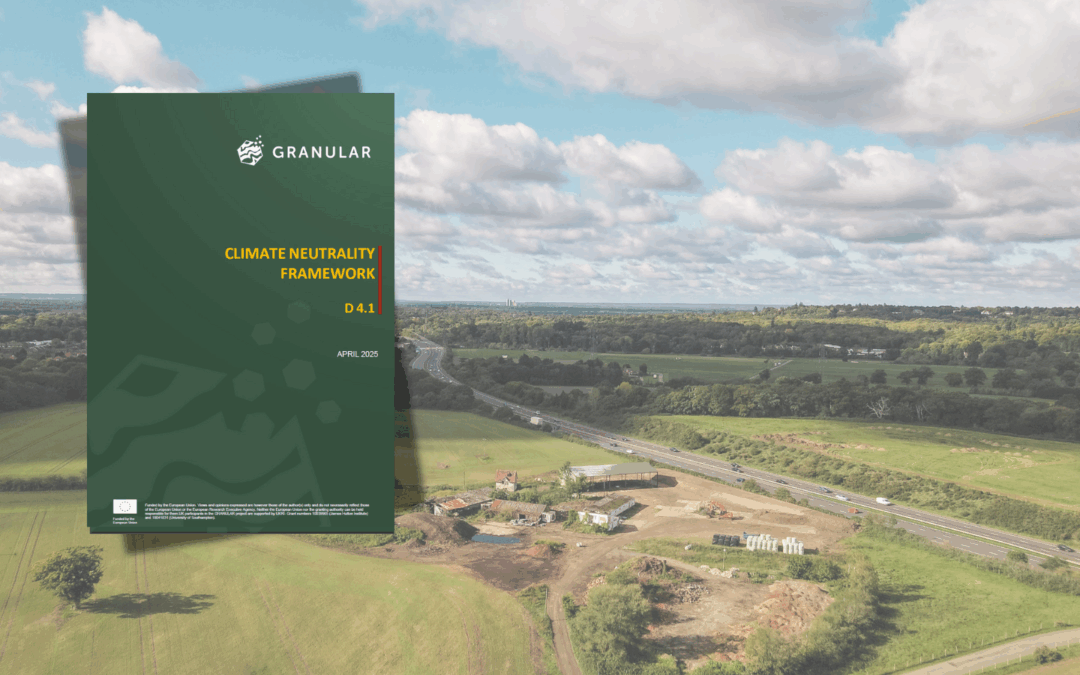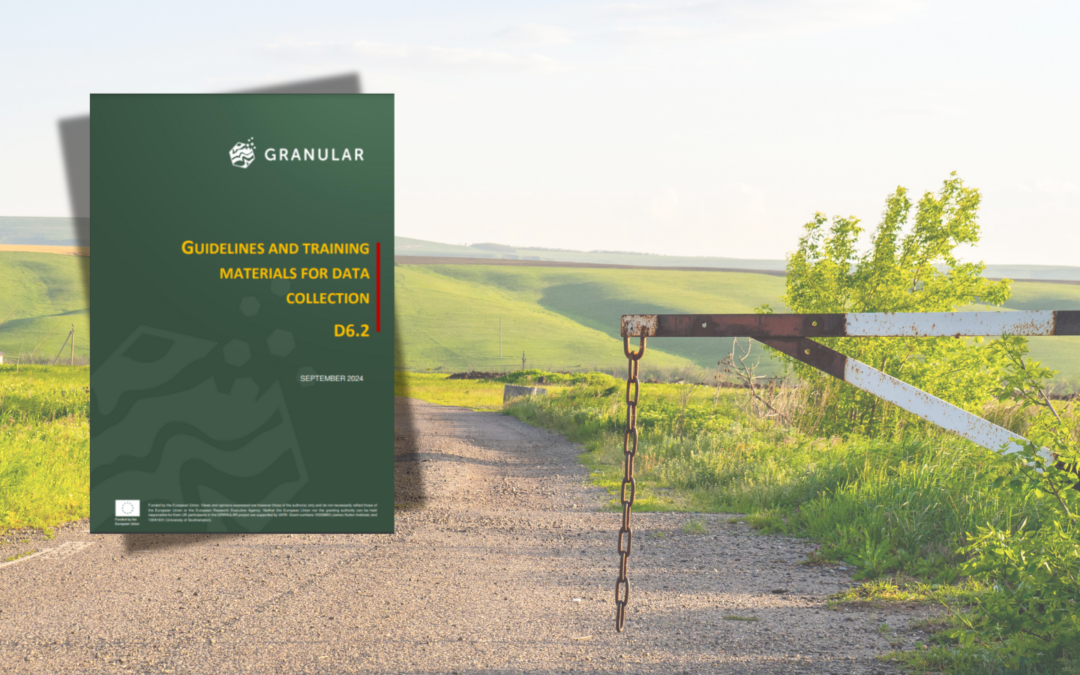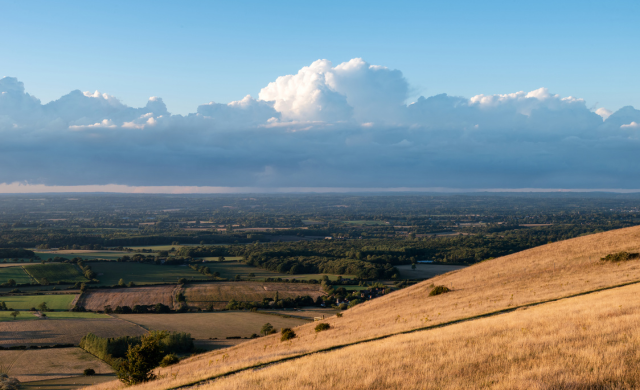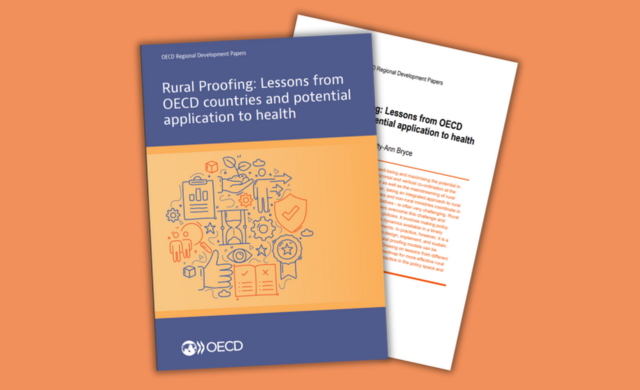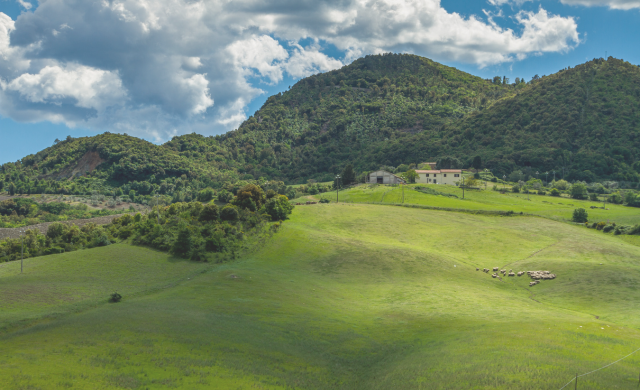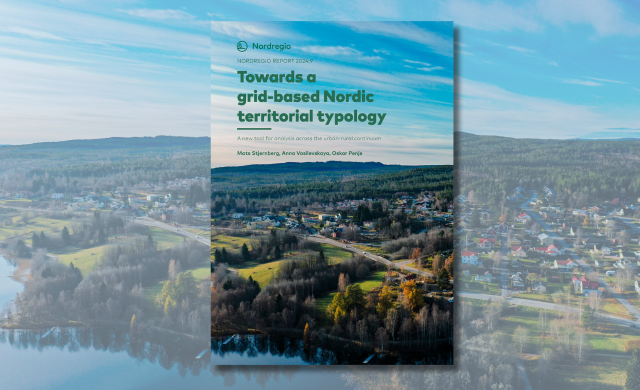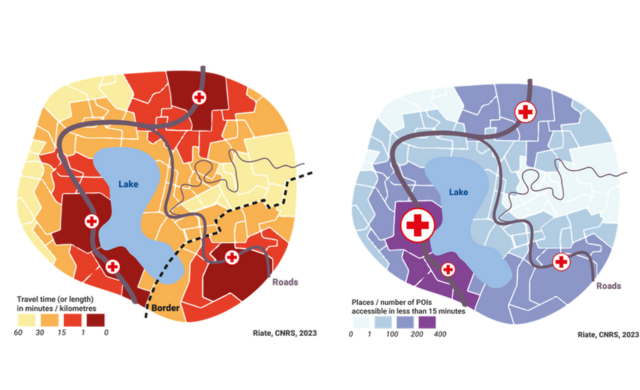Authors: María Isabel Doval Ruiz, Breixo Martins Rodal, University of Vigo
Why did the International Observatory of Rural Research (RIO) decided to be part of the GRANULAR project?
GRANULAR is a project of great importance for our territory for several reasons. Firstly, it provides a deeper understanding of the socio-territorial dynamics and data that develop in our territory. This is a territory with many opportunities but which, nevertheless, is not sufficiently analysed and researched. In this sense, GRANULAR allows the development of new dynamics and methodologies to reduce this lack of data and information.
Additionally, GRANULAR can provide the dynamism and flexibility to improve and activate the territory while producing information to better understand it. For these reasons, RIO decided to be part of this project, with the aim of bringing new solutions to the territory of Ourense (Galicia, Spain) within an international partnership.
What are the main challenges experienced by your rural area? And, what are the main opportunities for its future?
The Spanish Living Lab is located in Ourense, the only landlocked province in Galicia region, Northwest of Spain, at the border of Portugal. Ourense covers a surface of 7,278 km2 and it includes 92 municipalities, for a population of approximately 308,000. Being predominantly rural, Ourense has the lowest birthrate of any Spanish province (population growth rate of -2,993). The mountainous terrain and isolation have kept the province economically challenged and encouraged much emigration to the rest of Spain, Europe and America.
This inland province of Galicia as well as North of Portugal have been excluded from the historical focus of development. At present, it suffers from the classic problems of many European rural areas: depopulation, ageing, lack of a strong business sector, lack of economic innovation, etc.
Ourense has a low population density, and the number of inhabitants is decreasing very rapidly. This explains one of the main trends of the territory in different perspectives. At the same time, it has one of the highest life expectancies in Europe and Spain. However, the RIO Living Lab believes that this may be more of a strength than an opportunity. If we understand the territory, we can transform these challenges into opportunities.
According to you, how will the GRANULAR project help you to address challenges and opportunities of your rural area?
The project will allow us to develop novel methodologies. For example, we will develop participatory methodologies to understand the real problem and possible opportunities from a demographic point of view. On the other hand, it will allow the development of novel cartography that will allow us to understand the dynamics between e-governance and rural-urban territory. It will also provide a differentiated and novel vision on the issue of large forest fires.
In short, GRANULAR will provide clear data that can then be transformed into real policies for the territory. For example, the mapping and data we generate should be transformed into new strategies and protocols to be developed to regulate future actions in the field of ageing or e-governance.
